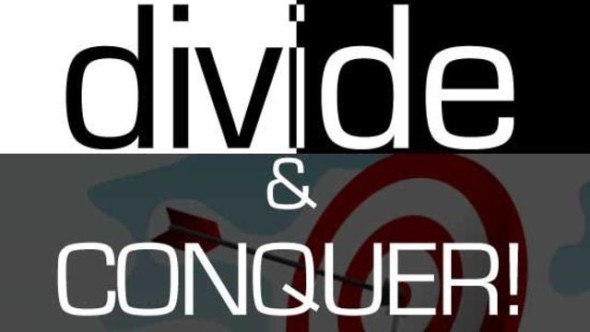 I am a teacher at a cyber school in Pennsylvania. For the past three years I have had the privilege of working in a blended learning environment. In these classes we meet face-to-face with middle school students for half the week and high school students for the other half. I teach a Civilizations course to the middle school and AP US History to the high school. The other half of the time the students are working independently in our Canvas learning platform.
I am a teacher at a cyber school in Pennsylvania. For the past three years I have had the privilege of working in a blended learning environment. In these classes we meet face-to-face with middle school students for half the week and high school students for the other half. I teach a Civilizations course to the middle school and AP US History to the high school. The other half of the time the students are working independently in our Canvas learning platform.In the past cyber charter schools have been been threatened with funding cuts by attempting to divide charter schools from cyber charter school funding. Recently our blended programs have been threatened by funding cuts from the Pennsylvania Dept. of Education. This is because the students in them are not perceived as receiving a "significant portion" of their instruction electronically. The teachers at our blended programs utilize the electronic instruction during our classroom sessions as much as 30% of the time. This brings the total electronic instruction to 80% which most people would agree is a "significant portion" of the learning happening at our blended program. These blended programs have been in operation for 14 years. The significant portion of learning online has only recently been called into question.
The Pennsylvania School Board and Administrators Association (PASBA & PASBO) believes that the funding of students should not have shifted from their local school districts to state-wide cyber schools. The cyber charter school movement sees this differently. We see it as funding following the student's choice. Over the past 15 years we have won the argument that funding should follow the student. However, the latest tactic is to divide and conquer based upon blended programs within cyber schools not delivering a "significant portion" of instruction electronically. I already made the case that this is not true; however, it does not deter organizations like PASBO, and the PSBA from trying different tactics to protect their turf.
The loss of blended programs would deal a blow to innovation in education. Combining cyber education with onsite instruction is how college campuses are currently instructing their students. In some cases colleges campuses are also offering instruction 100% cyber. Traditional schools are also using electronic instruction with greater frequency. The cyber charter schools have been driven this innovation and have become the testing grounds for incorporating technological change into the traditional classroom. Moodle, Canvas, Google Classroom, PLATO, KAHOOT, Quizlet Live, Nearpod, Flipgrid, PADLET, and ARC videos are all good examples of this. There are many other programs that have come and gone, replaced by newer technology. There is danger in removing innovation that traditional schools may not replace outdated technology with newer forms because there will be no stimulus for change.
Our students in blended programs use many of the tools mentioned above while in the onsite classroom to collaborate and learn team building in a synchronous learning environment. 100% cyber charter schools have a facial feedback and emotional response deficit when students are learning completely asynchronously. Tools are still being developed to incorporate facial feedback and emotional response in classroom small group projects and discussion. While tools like Zoom with breakout rooms and ARC videos with comments have come a long way to fill this gap, many students choose to hide their faces in these settings or remain anonymous. This can be an advantage when relating to their peers, but it can pose a real challenge to teachers attempting to formatively access student learning.
Blended education offers a great compromise of both worlds. To divide and conquer by removing the most innovative of educational programs is a loss, and not a gain. Organizations that criticize this style of learning need to go beyond protecting their turf and consider the long term impact on education that the removal of these innovative programs will produce. A example of this may be refusing to use ARC video because Youtube will suffice. Youtube may be easier, but it does not protect against the cyber threats of predators and bullying that is now a part of the online world. Today's students deserve to have access to the innovations that will make them competitive in today's global society, while being protected from its dangers. Dividing and conquering cyber schools and blended programs is like settling for a lack of change. You may gain some stability, but students are the ultimate losers when they are not prepared to learn 21st century work skills.

